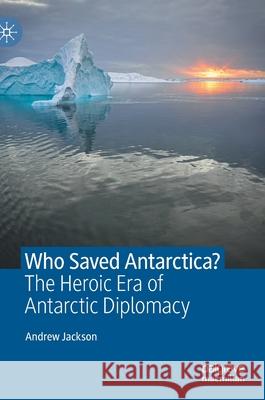Who Saved Antarctica?: The Heroic Era of Antarctic Diplomacy » książka
topmenu
Who Saved Antarctica?: The Heroic Era of Antarctic Diplomacy
ISBN-13: 9783030784041 / Angielski / Twarda / 2021 / 425 str.
Who Saved Antarctica?: The Heroic Era of Antarctic Diplomacy
ISBN-13: 9783030784041 / Angielski / Twarda / 2021 / 425 str.
cena 564,88
(netto: 537,98 VAT: 5%)
Najniższa cena z 30 dni: 501,19
(netto: 537,98 VAT: 5%)
Najniższa cena z 30 dni: 501,19
Termin realizacji zamówienia:
ok. 22 dni roboczych
Bez gwarancji dostawy przed świętami
ok. 22 dni roboczych
Bez gwarancji dostawy przed świętami
Darmowa dostawa!
Kategorie BISAC:
Wydawca:
Palgrave MacMillan
Język:
Angielski
ISBN-13:
9783030784041
Rok wydania:
2021
Wydanie:
2021
Ilość stron:
425
Waga:
0.68 kg
Wymiary:
21.01 x 14.81 x 2.54
Oprawa:
Twarda
Wolumenów:
01
Dodatkowe informacje:
Wydanie ilustrowane











